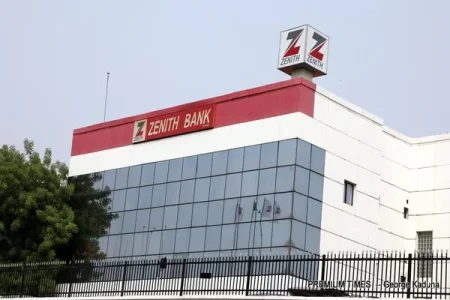
Banks across Nigeria are experiencing widespread network failures, causing disruptions in digital transactions, including internet banking, ATMs, and PoS systems. Customers are left frustrated, while banks remain silent on the issue. Telecom operators deny responsibility, pointing to banks' infrastructure problems as the likely cause of the outages.
Banks across Nigeria are facing widespread network failures, leaving customers frustrated as they struggle to complete digital transactions. Since early this week, customers in cities like Lagos, Abuja, and Port Harcourt have reported difficulties with internet banking platforms, including malfunctioning apps, failed transactions, and issues with Automated Teller Machines (ATMs) and Point of Sale (PoS) systems.
The network disruptions have affected both major Tier-1 banks and smaller Tier-2 banks, with many customers opting to rely on cash for business transactions. One Tier-2 bank reportedly switched from a foreign app to a local one in an effort to cut costs, further complicating matters
Despite customer complaints, banks have remained silent, offering no clear explanations for the failures. According to a source within a Tier-1 bank, management held an emergency meeting to address the issue and plans to invest in new technology infrastructure to improve digital services.
Meanwhile, the Association of Licensed Telecoms Operators of Nigeria (ALTON) denied any involvement in the disruptions, with its chairman, Gbenga Adebayo, stating that the problem lies within the banks' infrastructure. He urged banks to clarify the situation to their customers.
Telecoms expert Michael Adigun suggested that some of the network failures could be linked to fiber cuts caused by road construction and sabotage. However, he stressed that banks must find solutions to ensure uninterrupted services for their customers.
As the situation lingers, many bank users remain in the dark, waiting for answers and hoping for a resolution to the ongoing network crisis.




